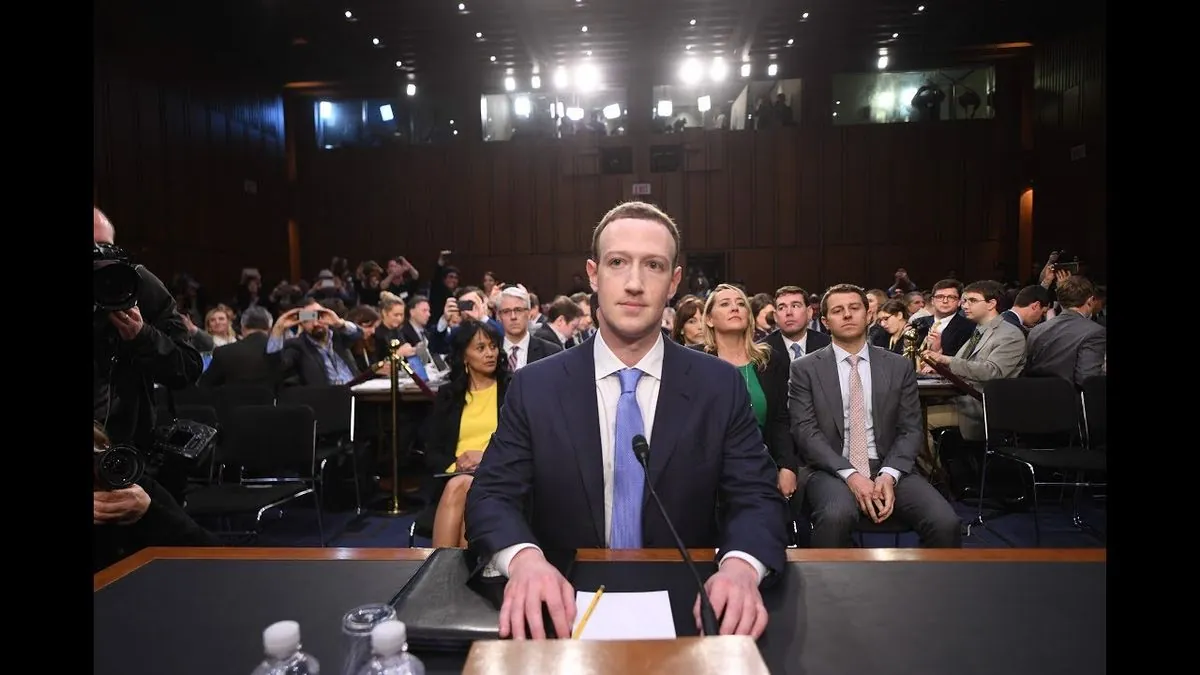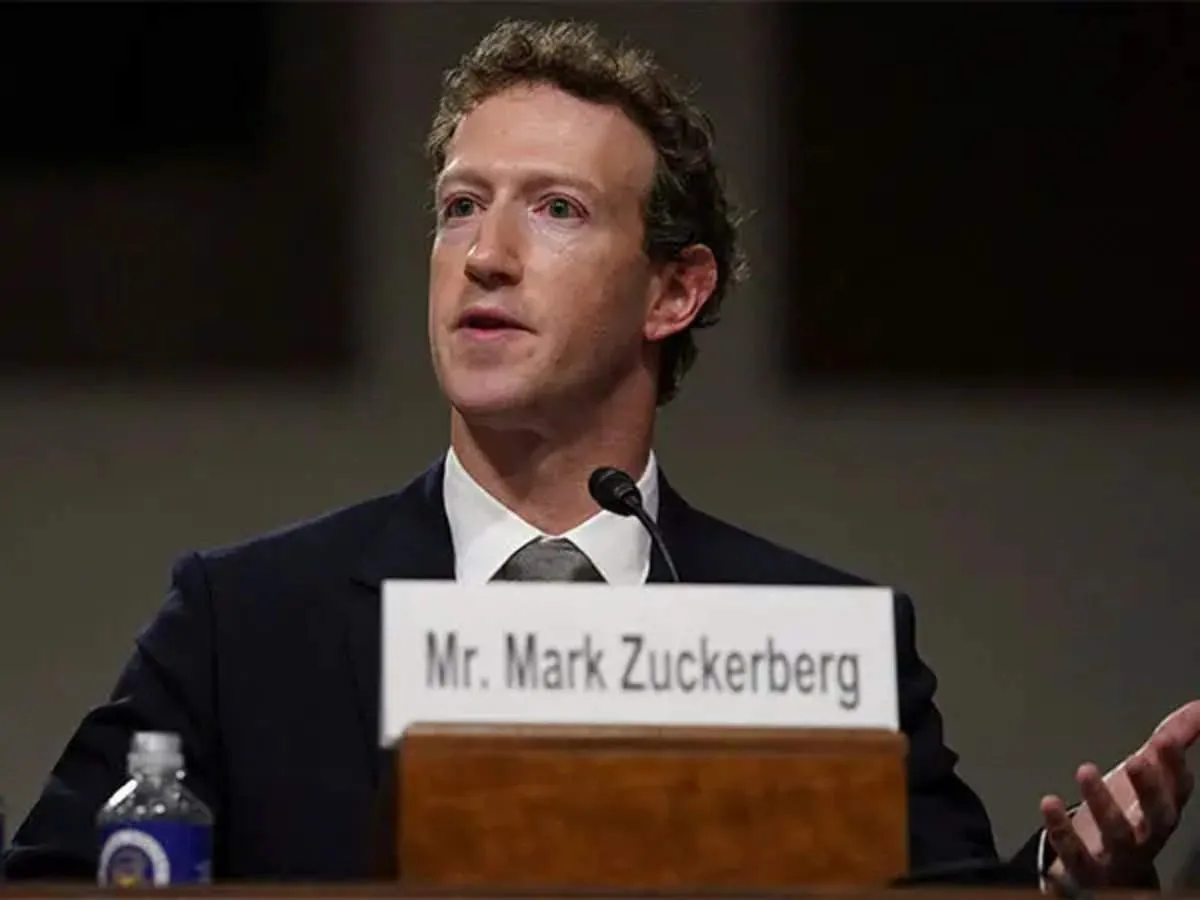Zuckerberg's Letter Fuels Debate on Social Media's Role in Elections
Mark Zuckerberg's response to House Republicans addresses controversies surrounding Meta's actions during the 2020 election and pandemic, reigniting discussions about social media's influence on politics.

The ongoing debate about social media's influence on American politics has taken a new turn following Mark Zuckerberg's recent letter to the House Judiciary Committee. The Meta CEO's response, dated August 26, 2024, addresses several contentious issues that have been at the forefront of political discourse since the 2016 presidential election.
Social media platforms have become increasingly central to political discussions since the 2016 campaign. Facebook, founded by Zuckerberg in 2004, and Twitter, launched in 2006, emerged as key platforms for political commentary and debate. However, these platforms also faced challenges in managing misinformation and abuse.
In response to these issues, social media companies implemented stricter content moderation policies. This led to accusations, primarily from conservatives, of bias in content removal and account restrictions. The companies maintained that their actions were based on content violations rather than political affiliation.
The COVID-19 pandemic, declared by the World Health Organization on March 11, 2020, further complicated the situation. Social media platforms faced a surge of misinformation about the virus and vaccines, prompting more aggressive moderation efforts.
In his letter, Zuckerberg addressed three main points:
- Meta's approach to COVID-19 misinformation
- The decision to limit sharing of the Hunter Biden laptop story
- Contributions to the Center for Tech and Civic Life (CTCL) for election administration
Regarding COVID-19 misinformation, Zuckerberg criticized the Biden administration's pressure on Facebook, stating, "I believe the government pressure was wrong, and I regret that we were not more outspoken about it." This statement aligns with recent Supreme Court decisions on government interactions with social media companies.

The Hunter Biden laptop story, which broke in October 2020, remains a point of contention. Zuckerberg reiterated that warnings from the FBI influenced Facebook's decision to temporarily limit the story's spread, a move he has previously expressed regret over.
"Zuckerberg admits that the White House pushed to SUPPRESS HUNTER BIDEN LAPTOP STORY (& much more!). IN OTHER WORDS, THE 2020 PRESIDENTIAL ELECTION WAS RIGGED."
Donald Trump's reaction on Truth Social, the platform he helped launch in February 2022, exemplifies the ongoing controversy surrounding these issues.
Lastly, Zuckerberg addressed his foundation's contributions to CTCL, which provided funding for election administration across the country during the 2020 election. Despite maintaining that the funding was non-partisan, Zuckerberg stated he would not make similar contributions in future elections to avoid the appearance of political involvement.
As the 2024 election approaches, the debate over social media's role in politics continues to evolve. Zuckerberg's letter, while attempting to address concerns, has reignited discussions about the complex relationship between technology companies, government, and the democratic process.


































